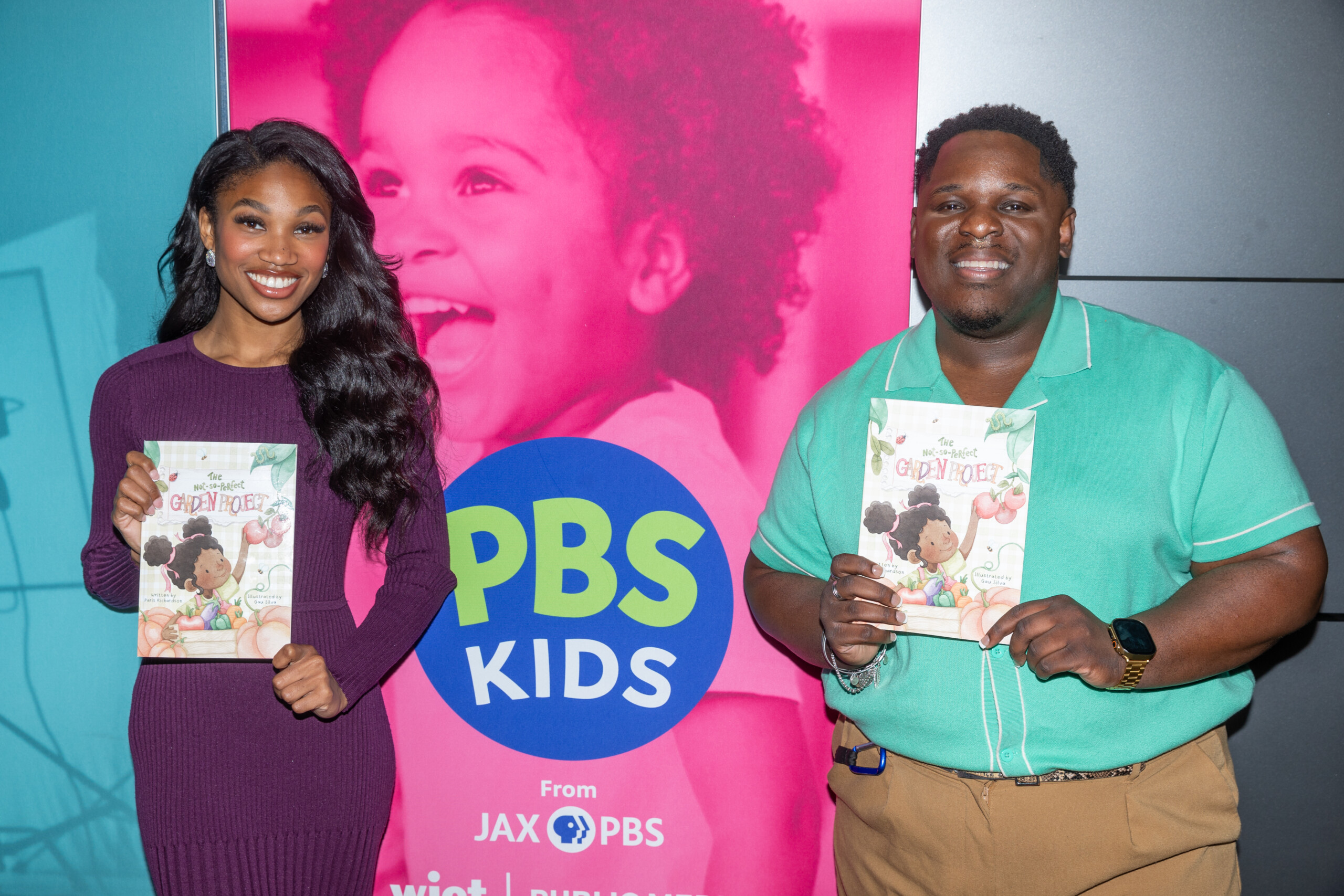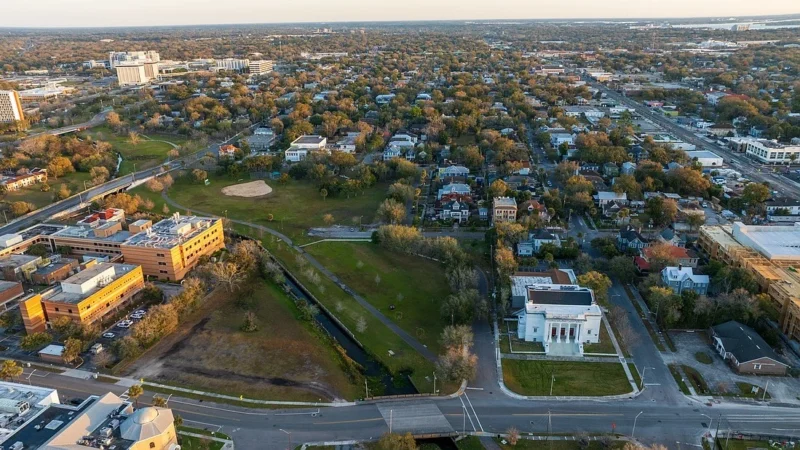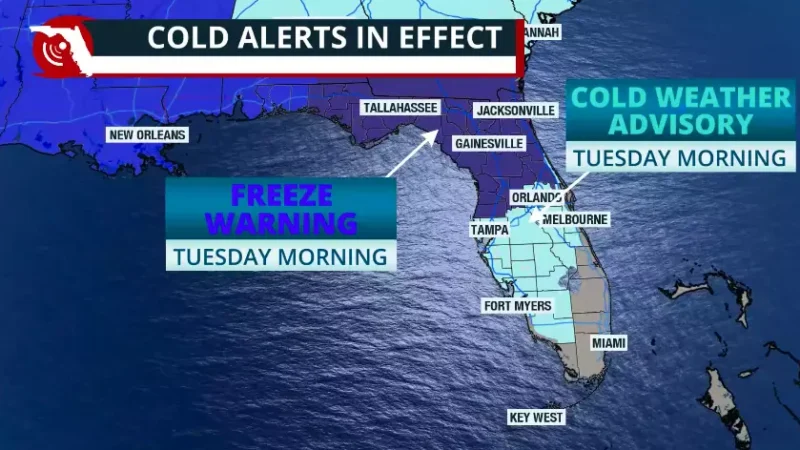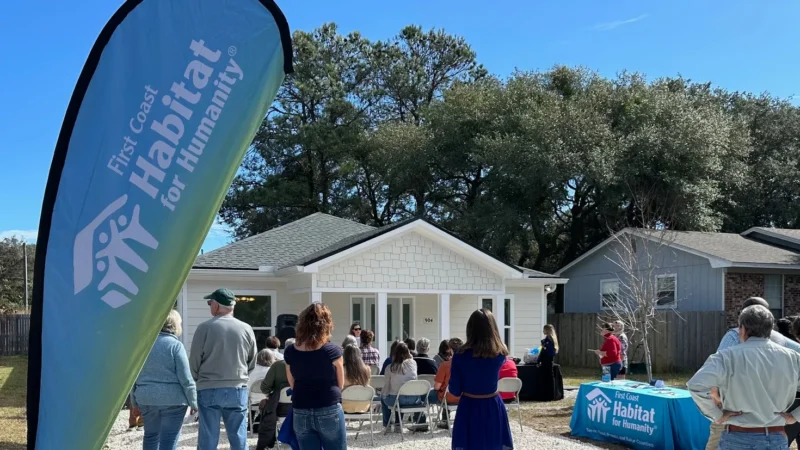Duval County’s third grade literacy rate may have risen in the recently completed academic year, yet recently released data from the Florida Department of Education shows the district continues to lag behind its urban peers on the peninsula.
The 51% of third grade students who scored a Level 3 or higher on the Florida Assessment of Student Thinking in the 2024-25 academic year is the district’s best since 2021.
As has historically been the case in Jacksonville, most of the schools where less than a third of students earned a Level 3 or above on the five-tiered grading system are in under-resourced ZIP codes. These schools also have a higher percentage of students who qualify for free or reduced-price lunch, which for a four-person family in the 2024-25 academic year meant a household that earned less than $57,720 in income.
More data, more insight
Progress monitoring data from the Florida Department of Education has given more information to help parents, caregivers and communities.
Jacksonville native and former educator Felicity Price-Forehand says the progress monitoring tests for students between third and 10th grade gives resource providers an outline for where and how students can become proficient. It also provides a road map for educators to decrease learning loss over the summer months.
The Florida Department of Education has transitioned away from an end-of-the-year assessment to a progress monitoring testing process. The latter provides data to schools, educators and students about where they score on an array of subjects.
The monitoring tests are given thrice each academic year. The 2024-25 academic year was the third where the Florida Department of Education used progress monitoring data. The recently completed school year was the second where that information was incorporated into school grades.
The Florida Department of Education defines proficiency as scoring a Level 3 or higher on its tests.
Price-Forehand grew up in Grand Park, graduated from Mandarin High and returned to her hometown to teach. She devoted more than a dozen years working in classrooms and libraries. She created The Literacy Experience to work with parents and care providers to reach reading proficiency.
On the starting line to proficiency
Next week, The Literacy Experience will start its first FAST Track, a six-week program that will provide individualized instruction that will target a student’s vocabulary and foundational reading as well as provide test strategies and infuse student confidence.
“There’s so much focus on mastering the standards — and the teachers are doing the best they can to make sure kids are getting their reading in,” Price-Forehand says. “There’s so much of a large focus on instruction right now that kids aren’t reading as many books and are not having the opportunity to choose things that they’re most interested in.”
Price-Forehand and scholars agree that providing children with books that are on grade level that interest them is more likely to produce literary gains.
Harvard University education professor James S. Kim has studied literacy efforts and elementary literacy outcomes for decades. He has found that summer learning loss is cumulative and most likely to occur in the elementary years.
Closer to home, a Jacksonville Public Education Fund study from 2022 found that creating access to community resources is a way to improve literacy in Duval County. Its research also found the critical importance in creating a culturally relevant environment where parents can more frequently read with, or read to, their children.
Price-Forehand credited Duval County Public Schools for ensuring every student has a Jacksonville Public Library card and can check out books. She estimated that only a third of the district’s students took advantage of library resources during her tenure as a community engagement manager with the library system earlier this decade.
Student engagement, student success
Regina Edwards may know why that is the case.
Edwards is a children’s author, with a master’s degree in education, who has volunteered in local schools. She says students are often not engaged in reading because they are often bored by the material.
“When you put a book in front of a child and they are engaged, you brought them into your world,” Edwards says.
Edwards says there is too much pressure placed on third grade students. A better way to prepare elementary students to transition from their learn-to-read years to their read-to-learn years is creating an appreciation for words, for language and for reading in their formative years and during the summertime.
“Explore their world,” Edwards implores parents and caregivers. “Explore things they like, things that are new (and) things they don’t like. Invite them to have a new experience that they read about, write about and what they visually see.”
The Jacksonville Public Library is one organization that is working to make that possible.
Every day the Jacksonville Public Library is open until Aug. 2, it will hold reading challenges and activities at its branches. This summer, it also launched a Summer Reading Tracker where students may earn free books for their home libraries if they read for 20 minutes a day, track their reading through an app and share it with the library by Aug. 2.
‘If you can see it, you can be it’
Paris Richardson spent many a summer day at the Jacksonville Public Library reading the Junie B. Jones series and other books.
Before she graduated from Ribault High, earned a pair of degrees from the University of Florida, and was named the 89th Miss Florida on June 28, Richardson was a voracious reader from Jacksonville’s Northside.
Richardson published her first book, The Not-So-Perfect Garden Project, earlier this year to highlight the many and minute ways to tackle food insecurity in a child-appropriate way, while motivating elementary aged children to read.

“Putting this book into schools, or Head Starts, for students to say ‘That looks like me. I also can start a club’ — I started a health club in high school. In the book, my girls start a community garden in their elementary school. I want (readers) to look and say ‘I can start something as well.’”
Richardson says a foundation of literacy changed her life. She wrote The Not-So-Perfect Garden Project to provide representation for children, and specifically Black girls, to view themselves in books and media. Her hope is the The Not-So-Perfect Garden Project is a conduit for children to read other books.
Richardson’s grandmother, Rosa Thomas, served as principal at what was then known as John Love Elementary on the Eastside and other schools throughout Duval County. Every child does not have an educator in their family who is relentless about reading in the summer.
“It’s important for people like me who had these opportunities, had these experiences, to tell stories to talk to people,” Richardson says. “I think that’s something we really lack right now. We don’t converse as much as a community. This is why I am in these rooms, in these positions and that I’ve been able to hold these titles because of my (literacy) foundation.”
(Disclosure: WJCT Public Media, the parent organization of Jacksonville Today, purchased copies of Richardson’s book to distribute dozens of copies to Head Start and VPK centers throughout the state as part of its education initiatives.)
In recent years, there have been questions from education researchers, including a 2023 study from the Brookings Institute, about how much children lose when they are out of school for the summer.
Locally, there has been buy-in from non-profits, educators, Duval County Public Schools, the Jacksonville Public Library, and even, Mayor Donna Deegan to encourage the son and daughters of Duval County to read during their academic intermission.
Price-Forehand may be one educator, trying to fill the achievement gap in her hometown. For her, it starts and ends with access to educational tools in the high summer.







